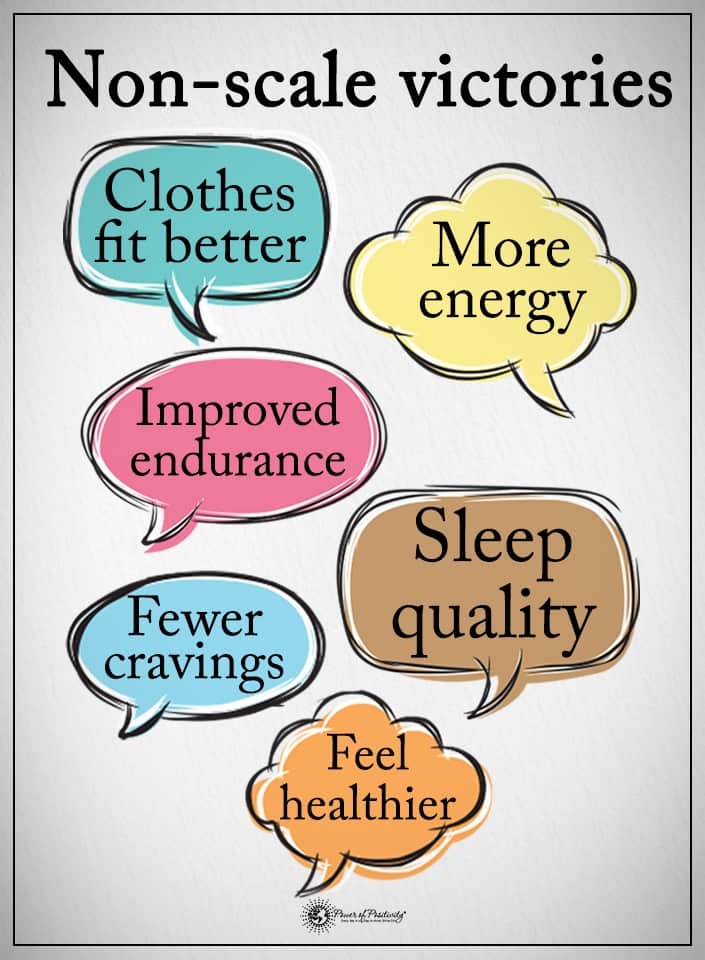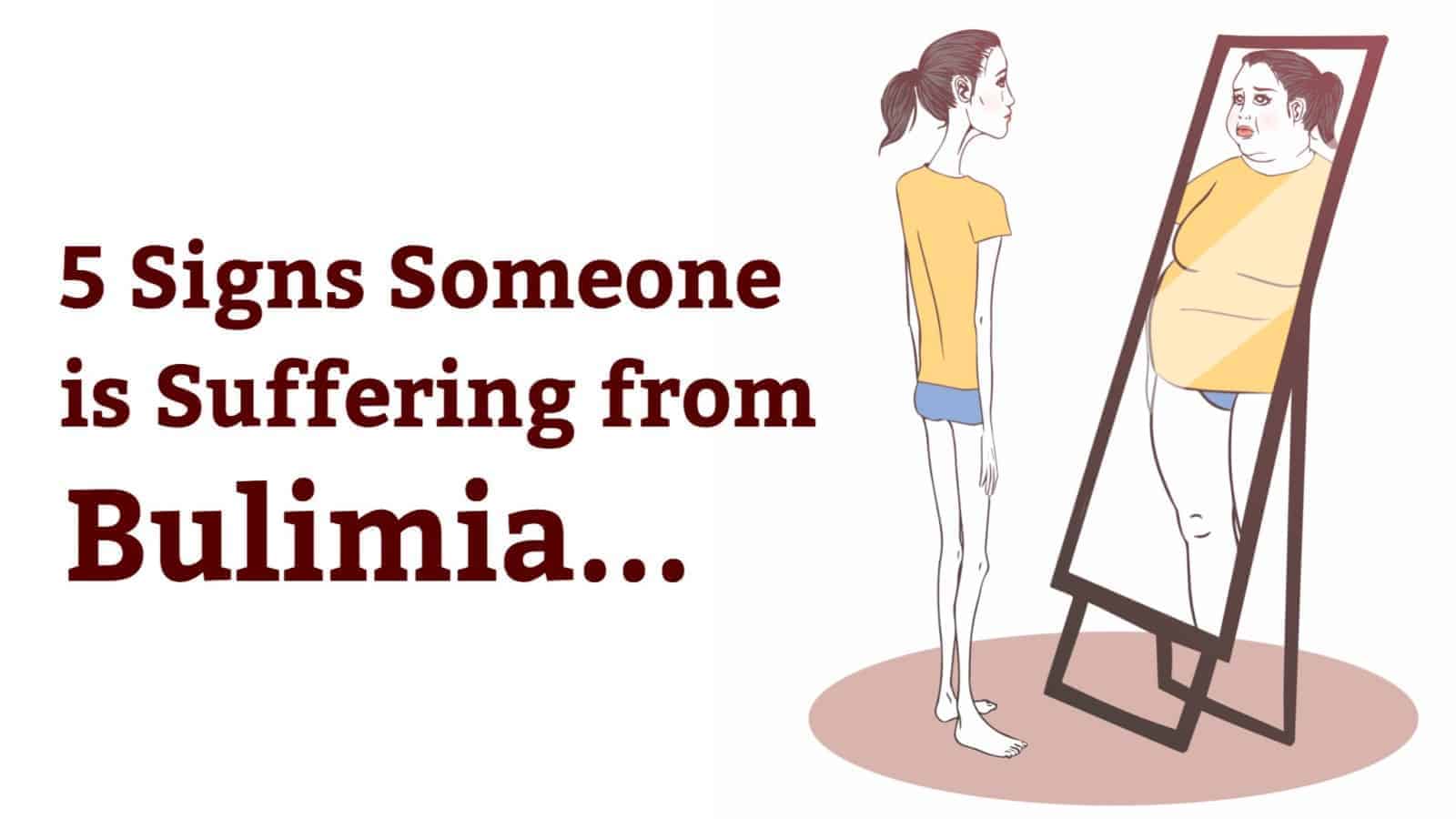When people think of eating disorders, they probably think about anorexia or other eating disorders that people develop in an attempt to lose weight. These are not only more visible in society but are frequently studied and treated, making them more well-known.
However, there are numerous types of eating disorders, and not all are used to lose weight. Binge eating disorder, for example, often has nothing to do with weight and is instead of the food. Many people enjoy the flavor of the food they are eating. They may use it as a coping mechanism to deal with past experiences.
What is Binge Eating Disorder?
Binge-eating disorder is an eating disorder characterized by overeating, particularly in a short amount of time and regardless of hunger levels. Many people with this eating disorder indicate that they feel they have no control over their eating habits.
For example, even when they know they are not hungry or want to stop eating, they continue eating. Some may get a sense of pleasure or relief at the beginning of the eating, or even throughout. But these may be replaced with feelings of guilt, disgust, or sadness after the binge-eating episode is over.
For some people, binge eating disorder is associated with bulimia, which is an eating disorder characterized by binges of eating, followed by purging what was eaten. Many individuals with bulimia are using purging as a way to lose weight rather than a focus on binge eating as a behavior. However, each person is different. Not all those with binge eating behaviors purge, and not all who purge after overeating are attempting to lose weight.
Those with binge eating disorder may eat even to the point of being uncomfortably full. They may also eat faster in a shorter amount of time than average. They may feel disgusted or guilty about their eating behavior. Plus, they may eat alone or privately in an attempt to ease those feelings of guilt or disgust.
Binge eating behaviors, particularly untreated, can lead to many health problems. Since many people who overeat in this way are obese, they can experience high blood pressure, diabetes, heart problems, and numerous other life-threatening conditions. In addition, those who engage in binge-eating behaviors as part of bulimia may also experience problems with the gastrointestinal system, poor nutrition, and other negative health effects associated with eating disorders.
Five Causes of Binge Eating
Treating this eating disorder requires a foundational understanding of the causes of the behaviors. That information can help an individual better understand the disorder in order to seek effective treatment. It can be difficult to determine the causes of binge eating disorder because of its nature as a psychological condition that acts similarly to an addiction. However, there are factors that can contribute to behavior.
1 – Genetics.
Individuals with a higher sensitivity to dopamine may be more likely to develop binge eating disorder due to the dopamine released when they eat. In addition, research published in CNS Spectrums indicates that this disorder may be inherited.
2 – Family history.
Those with a family history of binge eating disorder or addiction may be more likely to develop binge eating behaviors. They may view this behavior as normalized, for example. As mentioned, there is also some evidence that binge eating disorder can be inherited. As a result, individuals with a family history of this disorder may be more likely to develop it themselves.
3 – Other psychological conditions.
Those with other conditions, such as depression or anxiety, may use food as an attempt to self-medicate. In addition, research published in Biological Psychiatry indicates that those with eating disorders, such as binge eating, commonly have additional psychological conditions, which may make those with psychological conditions more likely to develop binge eating behaviors.
4 – Emotional or psychological trauma.
Those who experience trauma, whether they seek professional help or not, often find ways to cope with their experiences on their own. Binge eating behaviors may be one way that people cope with their trauma, according to research published in Psychiatry Research. The pleasure derived from eating masks the negative emotions that come from traumatic experiences. As a result, trauma can be a risk factor for this eating disorder.
5 – Body size.
Approximately half of those seeking treatment for binge eating are obese. This number shows that obesity is not always a risk factor for the disorder. Furthermore, it cannot be discounted in examining potential causes, either.
Weight problems may contribute to developing binge eating behaviors as well as being a result of those behaviors. This risk factor may also be related to body image. That is, if an individual has struggled with body image due to larger body size, that person may be more likely to engage in binge-eating behaviors.
While these factors may be contributing factors in binge eating disorder, the National Institute of Diabetes and Digestive and Kidney Disorders states that there is no definitively known cause of the disorder. Most likely, it is caused by a number of factors in the individual’s life, both innate and environmental, leading to eating behaviors.
Changing the Mindset to Overcome Binge Eating
Since binge eating behaviors are unique to each person, it is important to develop a treatment just as unique. Understanding the underlying causes of the disorder, how it manifests, and other factors, contribute to developing an effective natural treatment to alleviate the behaviors and help the individual become more healthy.
1 – Therapy.
Counseling, either individually, in a group setting, or both, is an effective way to address binge eating behaviors. Therapeutic settings provide the opportunity to understand the true causes of the behaviors, how to address them, and what can be done to change the unwanted behaviors.
This eating disorder is psychological in nature. Therefore, therapy treats the psychological component of the behaviors so that the individual can find relief. Getting to the root of the binge eating behaviors can help the individual learn the best way to find healthier coping skills, resolve trauma, and move into healthier practices. This method is useful because the individual works with a trained professional who has a psychological understanding of the disorder.
2 – Behavioral weight management programs.
A behavioral weight loss program is a more comprehensive approach than dieting. These types of programs recognize that behaviors need to be addressed in order to change eating choices. These programs provide individuals with the tools to make healthier choices, including healthy foods and portion sizes as well as exercise, while simultaneously addressing issues that lead to the eating patterns. This multi-faceted approach, along with support from other program attendees, can be an effective way to step binge-eating behaviors.
3 – Dietary changes.
Some people find that they can curb their behaviors by making dietary changes, such as eating small meals frequently throughout the day or choosing different types of foods. This allows them to feel more satisfied all day and reduces the likelihood of overeating at a regular mealtime. Knowing the best dietary changes to make depends on the reasons an individual engages in binge-eating behaviors.
4 – Perspective shifts.
For many people, changing eating behaviors requires a change in perspective. This is especially true for those who develop this eating disorder as a coping mechanism for trauma or some other experience. Changing their perspective provides a way for individuals to view food differently and instead rely on non-food methods to cope with their experiences. Learning to change perspective often comes with the support and assistance of a therapist or other program specifically designed to help those with this disorder.
5 – Support.
Many binge eaters tend to eat in private. It may be because they feel guilty about their eating, or they want to keep others from knowing how much they eat. However, healing from this disorder requires a strong support system. Having people to lean on during these changes can help ensure accountability. In addition, loved ones can help individuals resist temptations to overeat through distraction, conversation, or other methods.
Though binge eating behaviors can be serious and lead to poor health, the disorder can be treated. Many people who overeat in this way know it is detrimental to their health. They may even want to stop. However, it is the disorder and their perceptions of eating that prevent them from doing it on their own. This is why seeking help is integral to success.
 Final Thoughts on Coping with Binge Eating
Final Thoughts on Coping with Binge Eating
Understanding the causes of this eating disorder is necessary in order to develop an effective treatment plan. By understanding why a person binges on food, the appropriate interventions can be developed to help develop healthier coping mechanisms and healthier behaviors.
Since each person experiences the disorder differently, including causes, a successful treatment will be just as unique. Though causes vary, there is no question that there is a psychology behind them. Thus, sufferers must receive counseling in the treatment, as well.
Once a person gets help and the right treatment, they can make progress to becoming a healthy, happy person they deserve to be. And that is the only long-lasting solution for conquering binge eating.



















